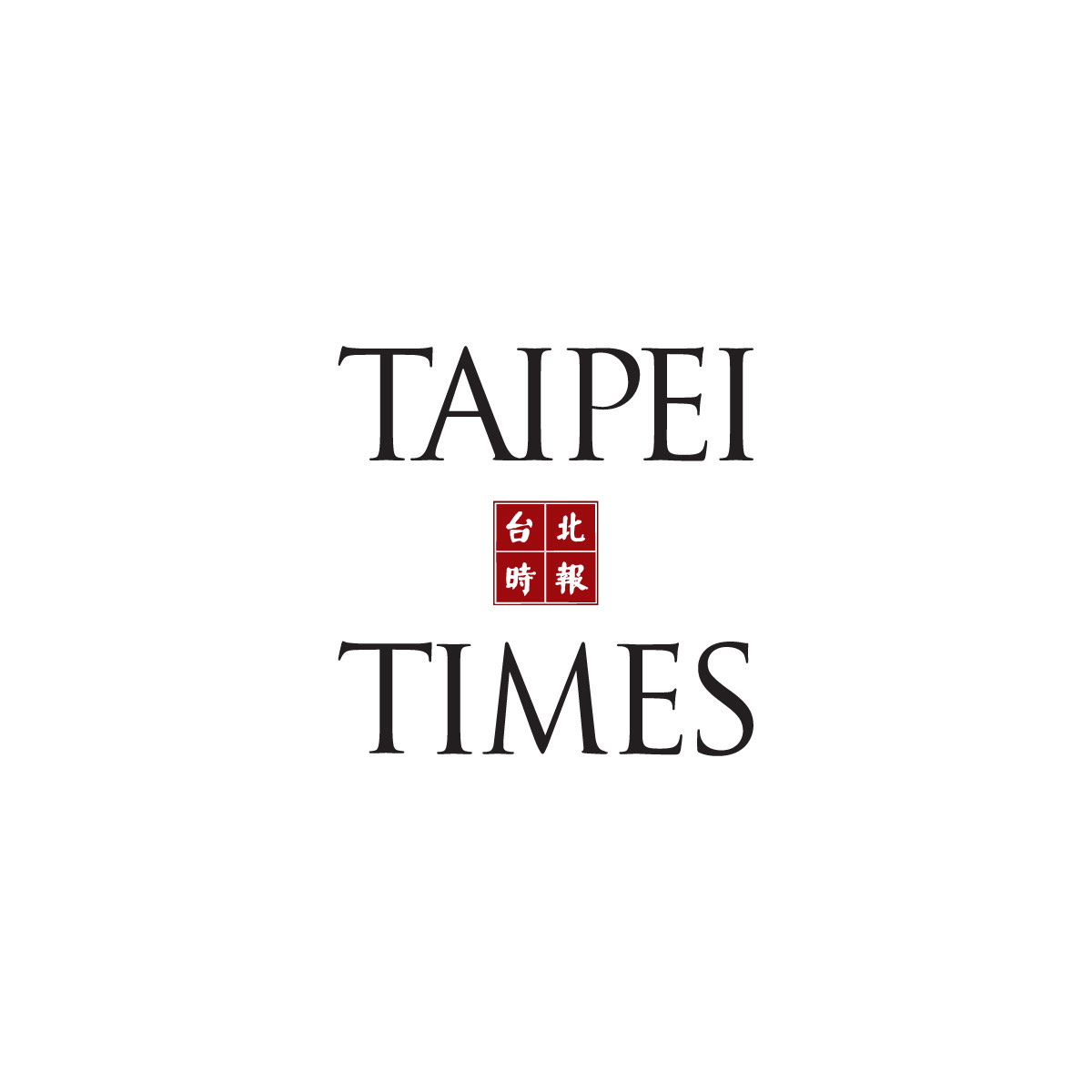Solving the financial problems of healthcare – 台北時報

By Huang Jui-pei 黃瑞培
Despite the National Health Insurance (NHI) premium increasing to 5.17 percent on Jan. 1 last year, the system’s finances are again in dire straits.
The Ministry of Health and Welfare has proposed a package of reforms, including changes to the portion of NHI fees borne by the public and the provision of a safety reserve fund.
In addition to the “fixed rate system,” setting fees according to the level of the hospital where treatment is sought, tests and repeat or refill prescriptions for patients with chronic diseases are no longer to be completely exempt from fees.
In the current NHI system, the premium contribution ratio is calculated according to which classification the insured person belongs to, and is shared between the insured, their registration organization and the government. An individual could pay anywhere from 0 percent to 100 percent of the premium. The premium itself is calculated according to the individual’s payroll bracket.
Consequently, the level of the premium is unrelated to how much a given individual might abuse the system.
The ministry’s reforms could be an important tool in curbing the excessive use of medical resources.
However, increasing the portion borne by the public is something of a double-edged sword. If the portion is kept low, it would not have the desired effect; if it is too high, the economically disadvantaged would be less likely to seek medical treatment.
Let us look at the charges for emergency room treatments, in which the portion borne by the public for serious category 1 and 2 issues has been reduced, and for minor issues has been increased.
The problem is that most people have no way of discerning whether their issue is serious or minor, and head to an emergency clinic because they want their problem dealt with promptly. However, they could be deterred by the possibility of having to pay for an expensive visit. This concern is greater among the economically disadvantaged.
Even with an upper limit on fees or exemption conditions to ensure fairness of access to treatment, it would not be easy to strike the right balance.
For example, if the fees for tests or drugs are capped at NT$100 to NT$400 and NT$200 to NT$300 respectively, it would still be much less expensive than paying for the tests or medication oneself without insurance, but there is no guarantee that this will lead to less demand for more expensive tests or drugs.
Maximizing the cost benefits of how much a person pays for medical treatment is not conducive to reducing expenditures. After all, even if the portion borne by the insured is increased, part of the cost of treatment for serious illnesses, which accounts for a large proportion — 30 percent — of medical expenditure, would still be partly exempt, so this would not necessarily improve the NHI’s financial situation.
I am not opposed to the “user charge” system, which has the potential to reduce medical expenditures quickly, but in terms of addressing the financial losses of the NHI system from one year to the next, it is difficult to see what other alternative there is apart from increasing premiums.
The government should find a way to factor an individual’s accountability for their own health into the calculations of individual premiums, so that insured people who do not avail themselves to vaccinations and preventive medical services could have their premiums increased.
In this way, even if the NHI fund is not increased, at the very least people will be encouraged to look after their own health and reduce the burden they might place on the health system.
Huang Jui-pei is a dietitian and senior medical affairs officer.
Translated by Paul Cooper
Comments will be moderated. Keep comments relevant to the article. Remarks containing abusive and obscene language, personal attacks of any kind or promotion will be removed and the user banned. Final decision will be at the discretion of the Taipei Times.




